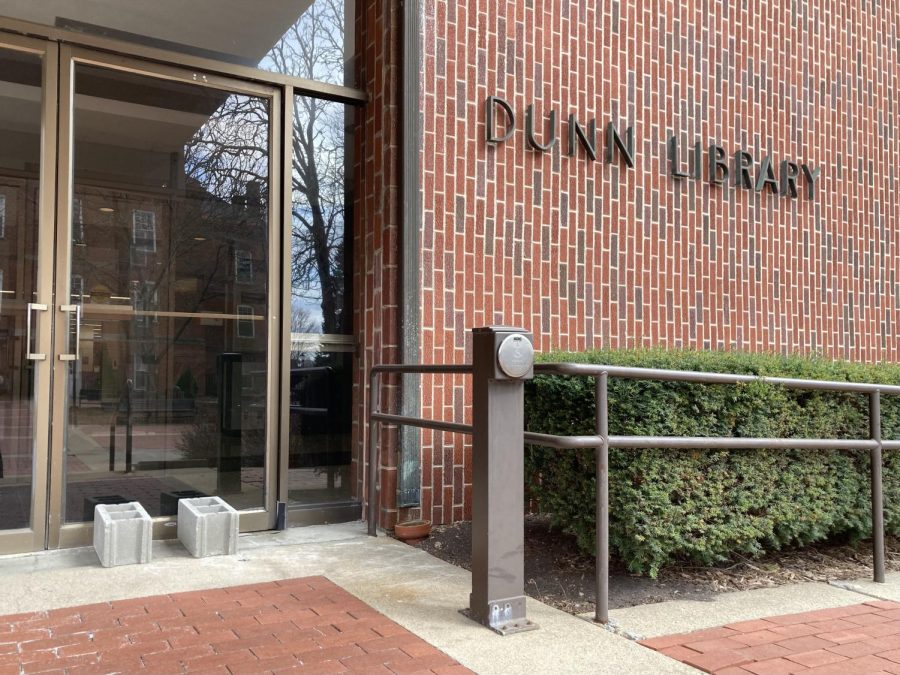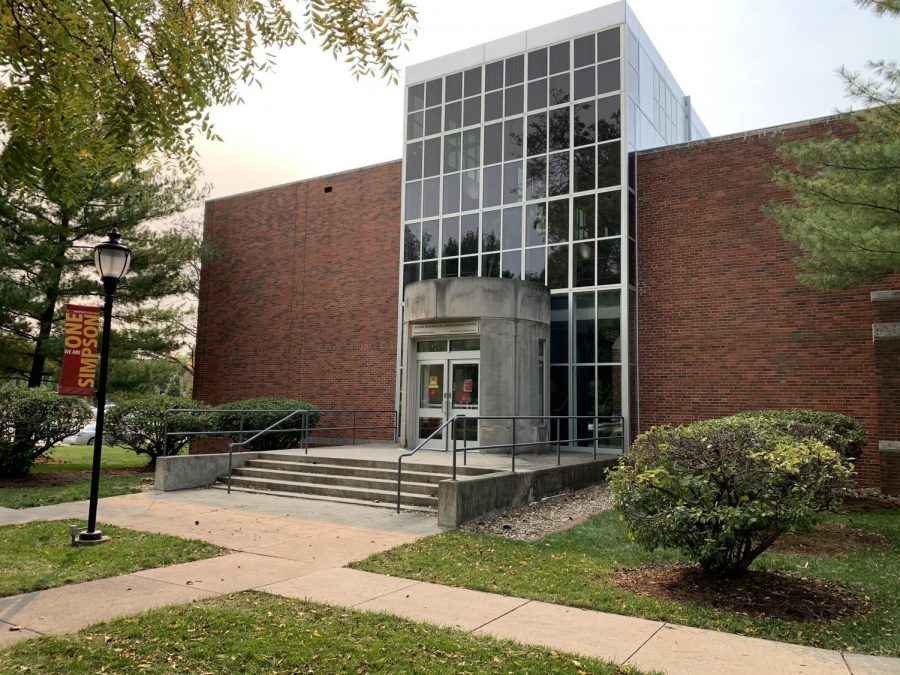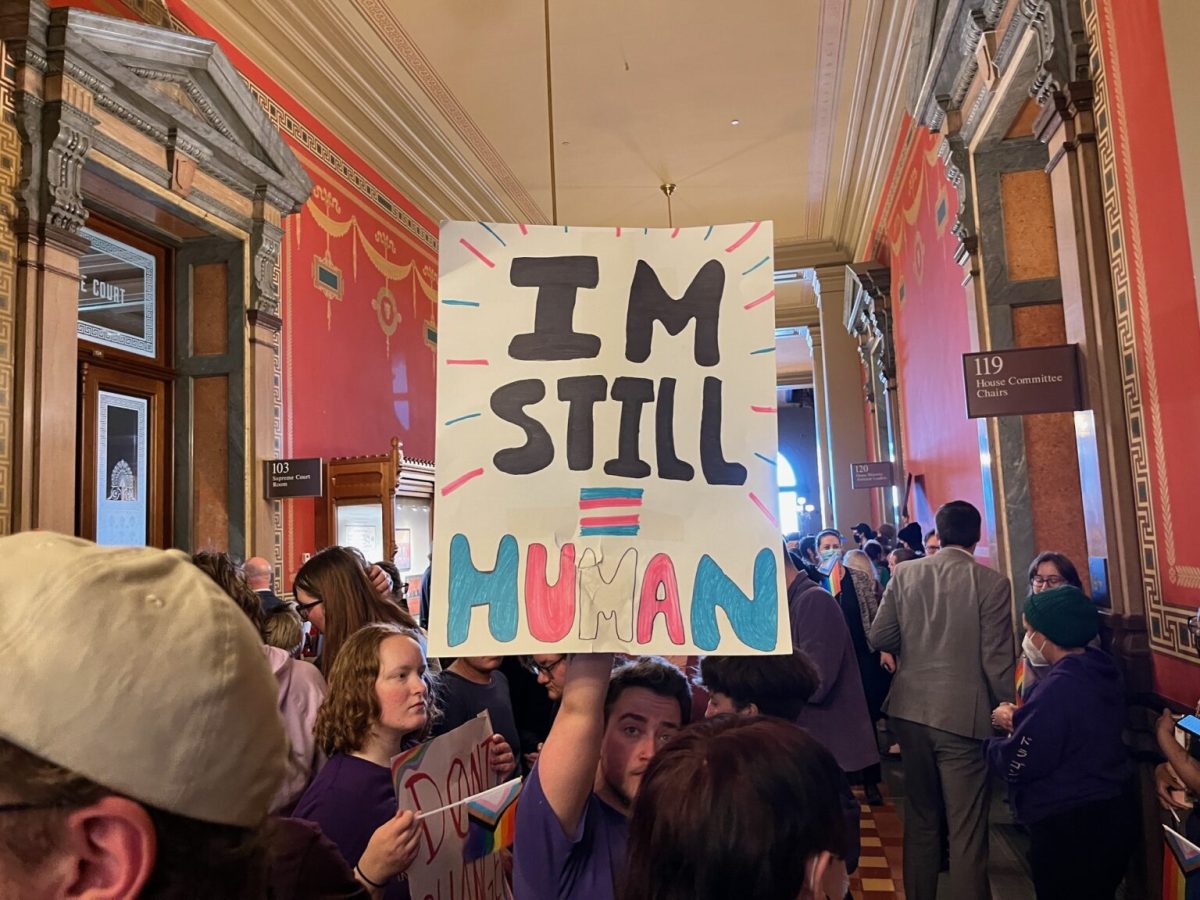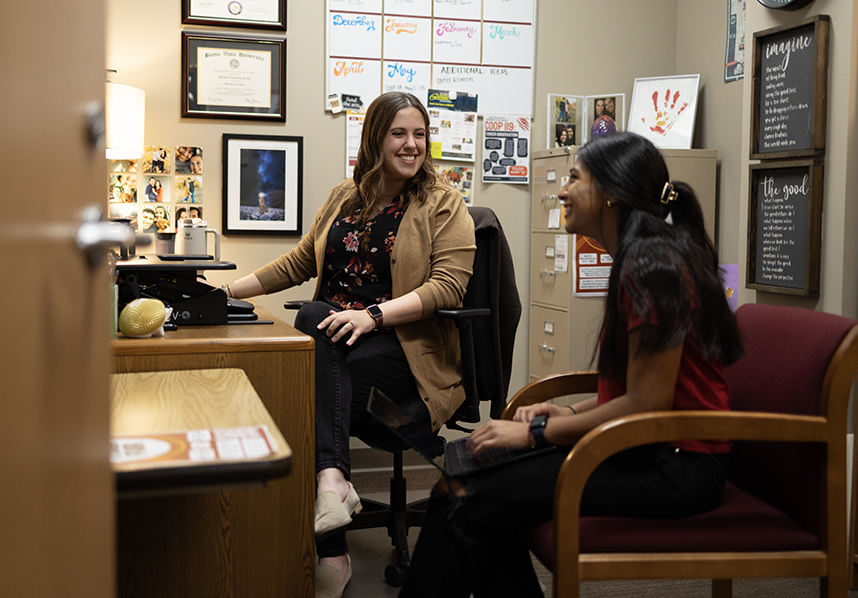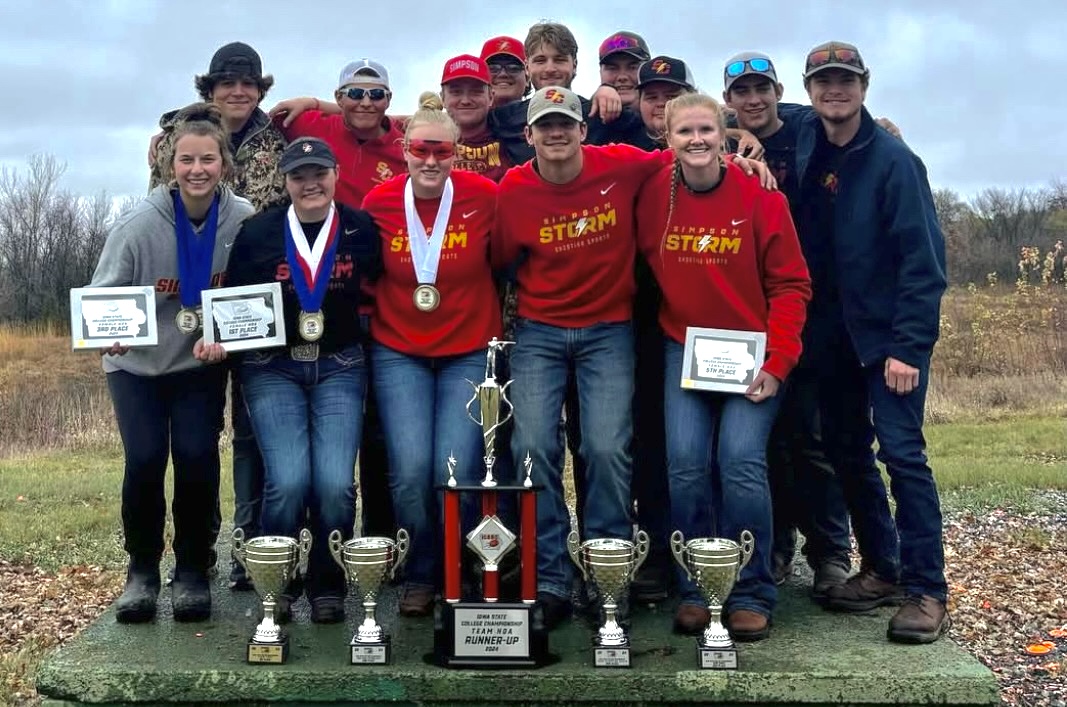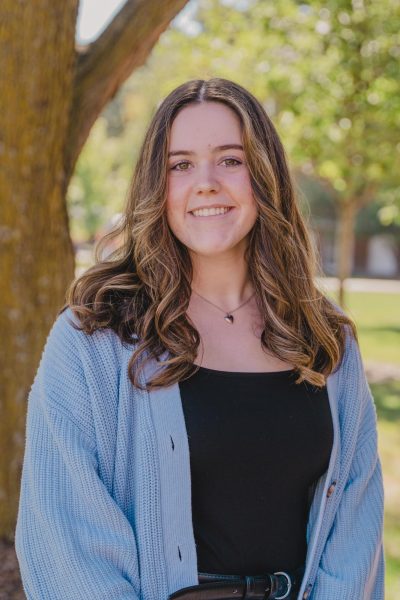Students at Simpson College may have noticed an absence of recycling bins near campus dumpsters this semester, but this change is a part of a broader effort to overhaul the recycling program, led by three Foundations professors, Daryll Sasser, Nick Proctor, and Ryan Rehmeier, and their Foundations 1 classes.
The college was paying T.R.M. Disposal in Indianola, the waste management company, to not recycle. These professors, appointed to the sustainability task force, saw an opportunity to use community-building projects in their classes to evaluate sustainability on campus.
Last week, the two first-year dorms were divided up by floor and whether it was the west or east side. Each half of the floor was assigned a recycling program with public relations. The teams were then tasked with promoting proper recycling practices, getting students to recycle and assessing the success of their approaches.
“So the idea is one: to have recycling and two: to see which is the most effective plan, which we would then hopefully put in place, maybe in the spring, maybe next year for the whole campus,” Sasser said.
The main issue with recycling was not that students weren’t recycling, but they weren’t recycling properly.
“We pay waste management to put recycle dumpsters on our campus, but then when they are contaminated, which they inevitably are, we then get charged a fee for contaminating it,” Sasser said.
Contaminated recycling occurs when non-recyclable items are mixed in, rendering entire loads unusable.
“The recycling loads from Simpson have historically been contaminated by non-recyclable goods, so in order to try to recycle that load, the recycling company either has to stop the line and take out the contamination, or they just trash the whole load because there’s so much contamination in it,” Proctor said.
For example, if a pizza box has grease permeating it, it cannot be recycled regardless of it being cardboard. Another challenge came from members of the local community misusing the campus recycling bins.
“There has historically been a problem with people in the community using Simpson’s recycling bins as a place to get rid of large trash items,” Proctor said. “The best one of these was one time when an old washing machine appeared in a Simpson recycling bin.”
Despite these challenges, students involved in the project are optimistic about their role in improving recycling efforts. Savannah Sistad, a student working on the initiative, shared that her group has placed recycling bins in the dorm hallways to encourage students to recycle more easily.
“We find that people are more likely to recycle when, instead of just throwing everything away, it’s just right there next to the trash can,” Sistad said.
She also noted that many students seem unaware of what items can be recycled.
“There’s a surprising number of people who actually don’t know what to recycle, even though we did a survey, and one of the questions was, ‘Do you know what to recycle?’ We respect the one person that went ‘no’ because they’re probably the only one that was actually being truthful,” Sistad said.
With continued efforts and assessment programs, the hope is that a campus-wide recycling system will eventually take root, benefiting both the environment and the college community.
“This is actually giving us something physical to work with,” Sistad said. “I’m enjoying that we have something that we’re tangibly doing on campus.”
As the recycling initiative continues, proper education about what can and cannot be recycled as well as the willingness of students will be critical to its success.
For students looking to learn more about how to recycle properly, resources such as the campus sustainability task force, posters around the first-year dorms, and the Environmental Protection Agency’s (EPA) website can provide valuable information.
According to the EPA, recyclable items typically include paper, cardboard, glass, metal, and certain plastics, while items like food waste, plastic bags, and electronics often cannot be recycled through standard programs because they contaminate recycling loads or require specialized processing.
Currently, there are two recycling dumpsters on campus contracted through TRM; one located behind Washington and another behind Barker. However, the Barker dumpster has been locked by students, and the Washington location has yet to be widely publicized.
Proctor emphasized how understanding what materials are recyclable and taking the time to dispose of them properly are key steps students can take to contribute to a greener future.
To encapsulate the purpose and meaning behind the recycling program initiatives, Proctor used a quote from Robert Swann saying “The greatest threat to our planet is the belief that someone else will save it.”




